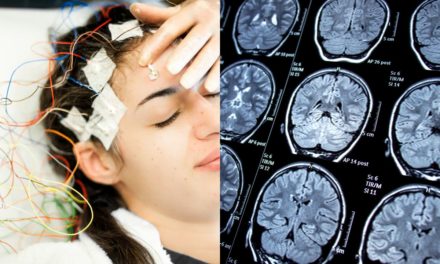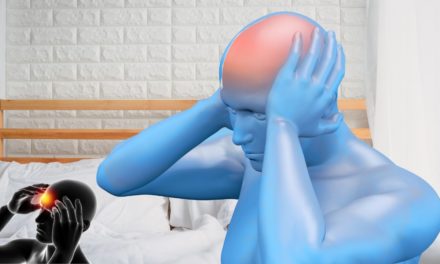Introduction
Melancholia, a complex mental health condition, is characterized by profound and persistent feelings of sadness, hopelessness, and a loss of interest or pleasure in activities. It is a severe form of depression that can significantly impact an individual’s emotional well-being and daily functioning. In this article, we will provide a comprehensive overview of melancholia, including its symptoms, potential causes, impact on individuals, and effective treatment approaches. By fostering awareness and understanding, we aim to support those affected by melancholia and promote timely intervention for improved mental health and well-being.
Understanding Melancholia
Melancholia is a subtype of major depressive disorder (MDD), often associated with intense feelings of sadness and anhedonia (inability to experience pleasure). It is different from typical sadness or grief as it tends to be more profound and persistent.
Symptoms of Melancholia
Symptoms of melancholia may include:
- Overwhelming feelings of sadness or emptiness
- Loss of interest in once-enjoyable activities
- Significant changes in appetite and weight
- Sleep disturbances, such as insomnia or excessive sleeping
- Fatigue or loss of energy
- Difficulty concentrating or making decisions
- Feelings of worthlessness or excessive guilt
- Thoughts of death or suicide
Potential Causes of Melancholia
Melancholia can arise from a combination of genetic, biological, psychological, and environmental factors, similar to other forms of depression.
Impact on Individuals
Melancholia can have a profound impact on an individual’s emotional, social, and physical well-being. It may lead to social withdrawal, impaired work or school performance, and increased risk of self-harm or suicide.
Seeking Professional Evaluation
If an individual experiences persistent feelings of sadness, loss of interest, or other symptoms of melancholia, seeking evaluation from a mental health professional is essential for diagnosis and appropriate treatment.
Treatment Approaches for Melancholia
- Psychotherapy (Talk Therapy): Psychotherapy, particularly cognitive-behavioral therapy (CBT) and interpersonal therapy, can be effective in treating melancholia.
- Medication: Antidepressant medications, such as selective serotonin reuptake inhibitors (SSRIs) or tricyclic antidepressants (TCAs), may be prescribed to manage symptoms.
- Electroconvulsive Therapy (ECT): ECT may be considered in severe or treatment-resistant cases of melancholia.
- Hospitalization: In severe cases where safety is a concern, hospitalization may be necessary for close monitoring and intensive treatment.
Creating a Supportive Environment
Creating a supportive and understanding environment for individuals with melancholia is crucial. Encouraging open communication and reducing stigma can facilitate their journey to recovery.
Lifestyle Changes
Engaging in regular physical activity, maintaining a healthy diet, and incorporating stress-reduction techniques can complement treatment and support emotional well-being.
Result
Melancholia is a severe form of depression that can significantly impact an individual’s life and well-being. By recognizing the symptoms, understanding potential causes, and promoting early intervention, individuals can seek appropriate treatment and support for melancholia. Effective treatment approaches, such as psychotherapy, medication, and electroconvulsive therapy, offer hope for recovery and improved quality of life. Together, let us prioritize mental health, foster empathy, and create a supportive environment where individuals with melancholia can find the help they need to navigate their journey to healing and emotional well-being.










